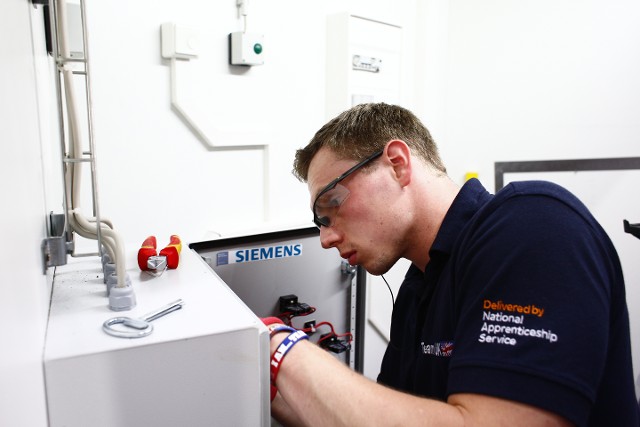An electrician works on commercial, residential, agricultural and industrial projects. There is a direct relationship between the nature and quality of the product required and the payment made by the customer. Therefore the electrician has a continuing responsibility to work professionally in order to meet the requirements of the customer and thus maintain and grow the business.
Electrical installation is closely associated with other parts of the construction industry, and with the many products that support it, normally for commercial purposes. The electrician works internally, including the homes of customers and on small and major projects. He or she will plan and design, select and install, commission, test, report, maintain, fault find and repair systems to a high standard. Work organization and self-management, communication and interpersonal skills, problem solving, flexibility and a deep body of knowledge are the universal attributes of the outstanding electrician.
Whether the electrician is working alone or in a team the individual takes on a high level of personal responsibility and autonomy. From working to provide a safe and reliable electrical installation and maintenance service, in accordance with relevant standards, through to diagnosing malfunctions, programming and commissioning home and building automation systems, concentration, precision, accuracy and attention to detail every step in the process matters and mistakes are largely irreversible, costly and potentially life threatening.
With the international mobility of people the electrician faces rapidly expanding opportunities and challenges. For the talented electrician there are many commercial and international opportunities; however these carry with them the need to understand and work with diverse cultures and trends. The diversity of skills associated with electrical installations is therefore likely to expand.
